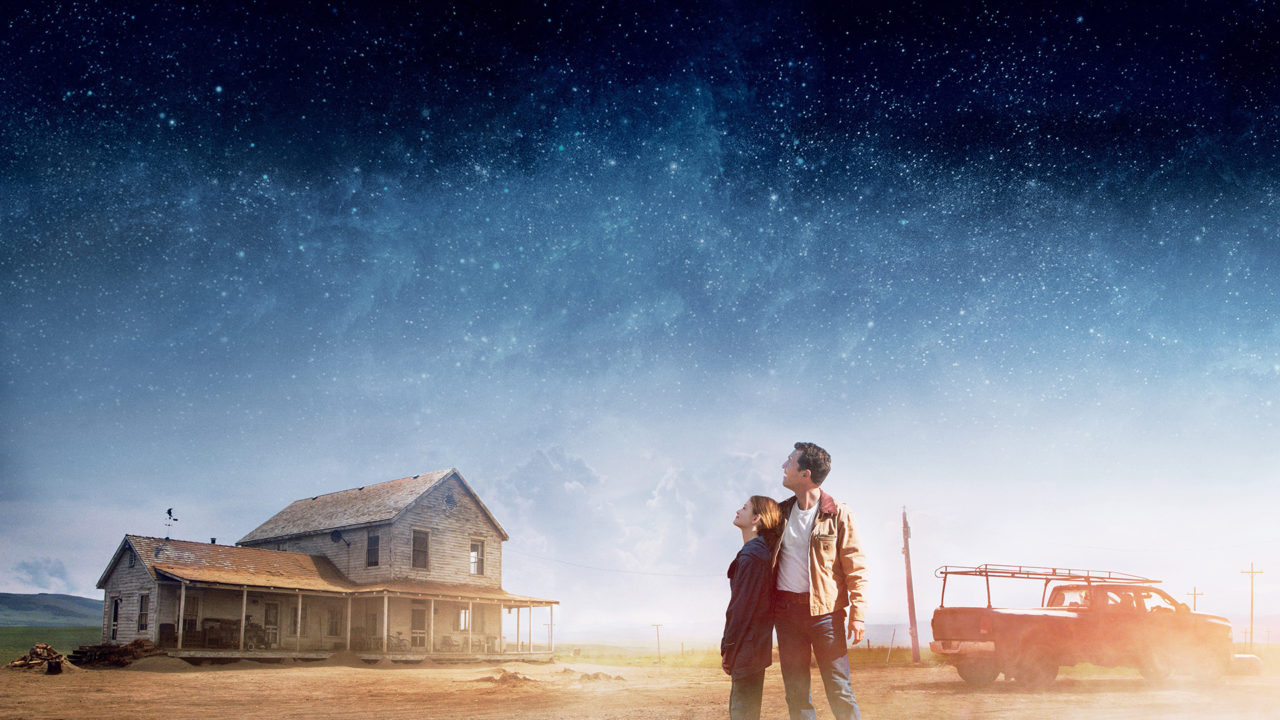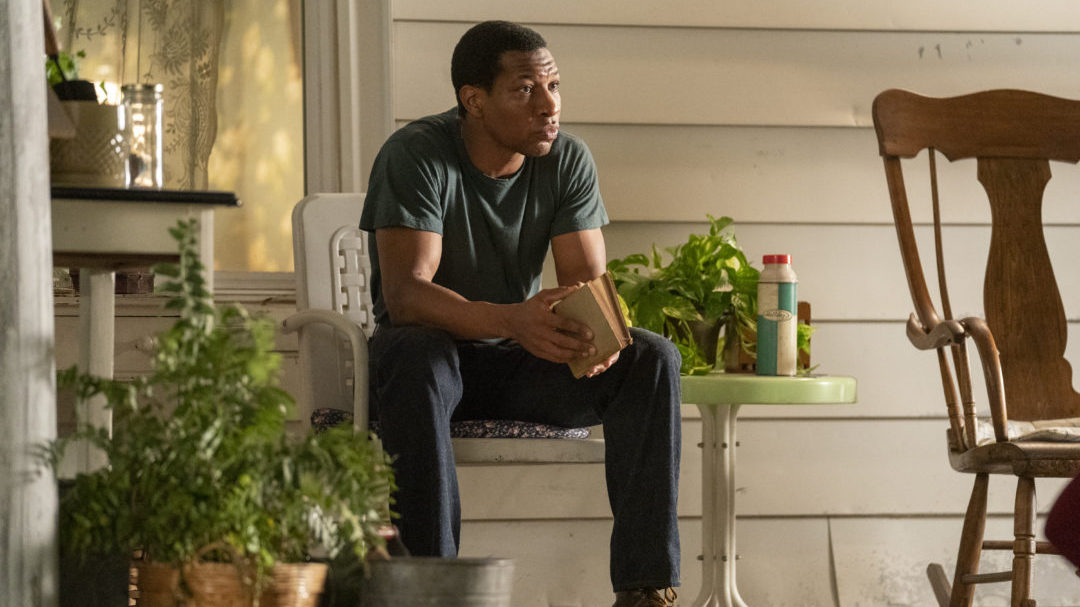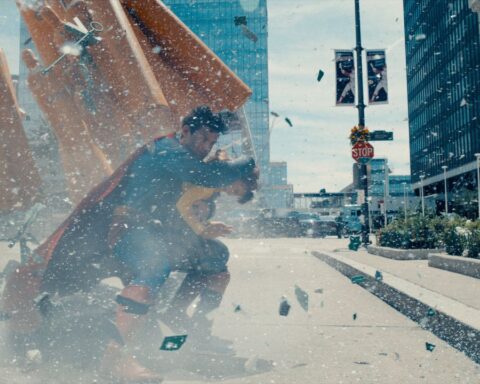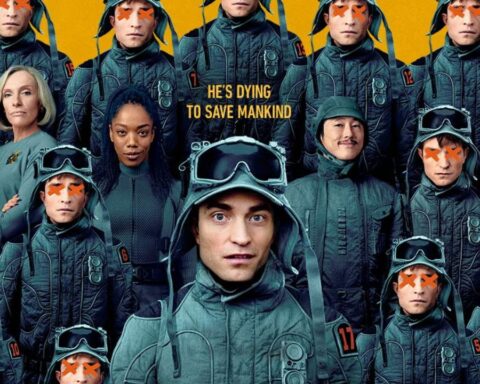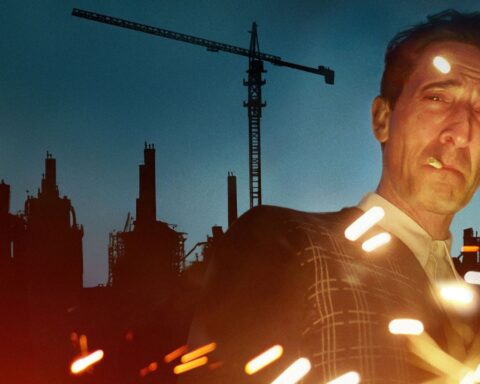In anticipation of the final release date for Christopher Nolan’s Tenet we’re taking a look back at the filmmakers’ previous movies. In this third instalment, Uma pens a letter to the auteur about his horror and heartbreak at Interstellar.
Dear Mr. Nolan.
They say you hurt the ones who love you the most. Or something like that.
I have always believed that cinema, on the whole, is richer for having you a part of it. That the audience wins each and every time you experiment with the art. From the raw Hitchcockian fantasy of Following to the non-linear poetry of Memento. From the barren minimalism of Insomnia to that one perfect scene in The Dark Knight when Heath Ledger’s Joker hangs out of a police car, a satisfied dog, the city sashaying behind him.
In the years since Memento, your movies have come to be the Hollywood spectacle for the thinking man. A cunning composition of pop and philosophy, of science and magic, of epic drama on a human scale. The Prestige. Batman Begins. Inception. They are an impressive and enviable oeuvre.
At least they were.
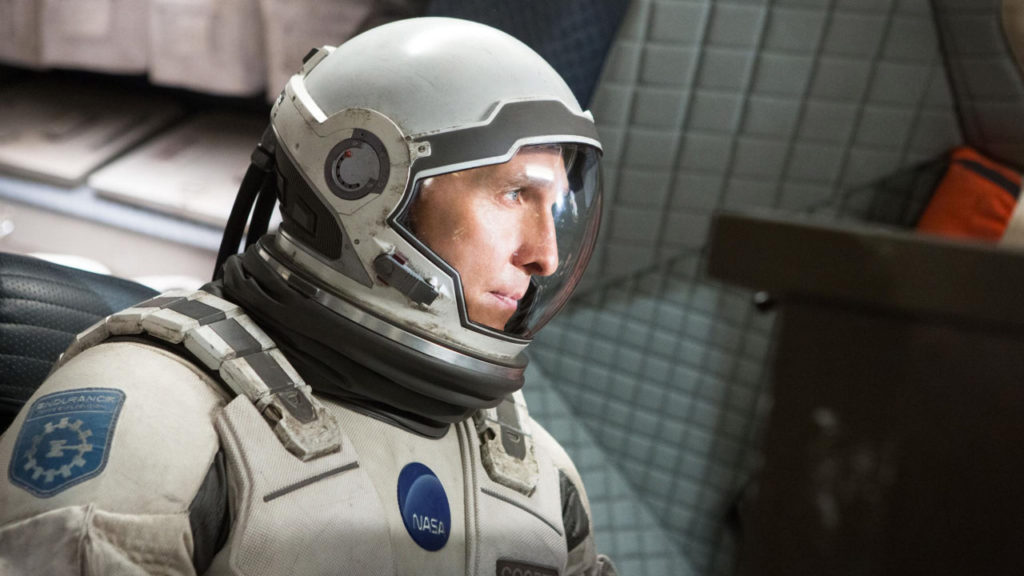
The Dark Knight Rises left me feeling both hollow and frustrated. The movie was an unmitigated mess. An overly complex metaphor of the American condition that somehow forgot it was, in essence, a superhero movie. Your abiding aversion to the source material, to comics in general, ultimately manifested itself in a betrayal of the character itself; in what makes Batman, Batman.
But the problems with The Dark Knight Rises run deeper than just one fanboy’s lament. The movie was poorly paced. The dialogue was all exposition. The contrived plot devices would have felt out of place within the panels of a comic book.
The biggest issue with The Dark Knight Rises, however, was that it lacked any real human conflict. Superhero stories are, by nature, rooted in conflict. Between good and evil. From both within and without. And none more so than in the story of the psychologically damaged Bruce Wayne and the constant war he wages with his inner demons.
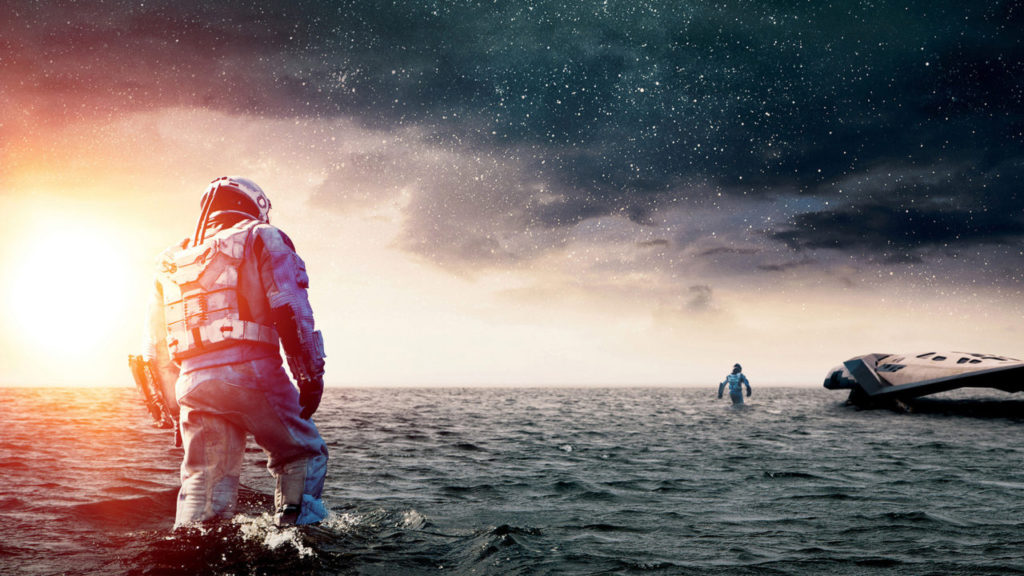
You decided to tell a different story. And your attempt to gerrymander the Great American Novel within the boundaries of Gotham City reduced these age-old characters to nothing more than set pieces.
The Dark Knight Rises was both a failure in filmmaking and imagination. But one that was easily forgivable. The pressures of the threequel have left many an accomplished director wanting. There are, after all, too few examples in cinema history the likes of Toy Story 3 and The Good, The Bad and The Ugly.
In Hollywood, as in life, you’re only as good as your last failure. Even so, I walked into Interstellar with a certain amount of cautious optimism. With some expectation. However misplaced. Your trailers had me enthralled. They filled me with awe, with wonder, with the sort of anxiety one gets when embarking on a new journey. I was hoping for poetry and magic. I was hoping for bright lights and bokeh.
Fool me once, shame on you. Fool me twice…
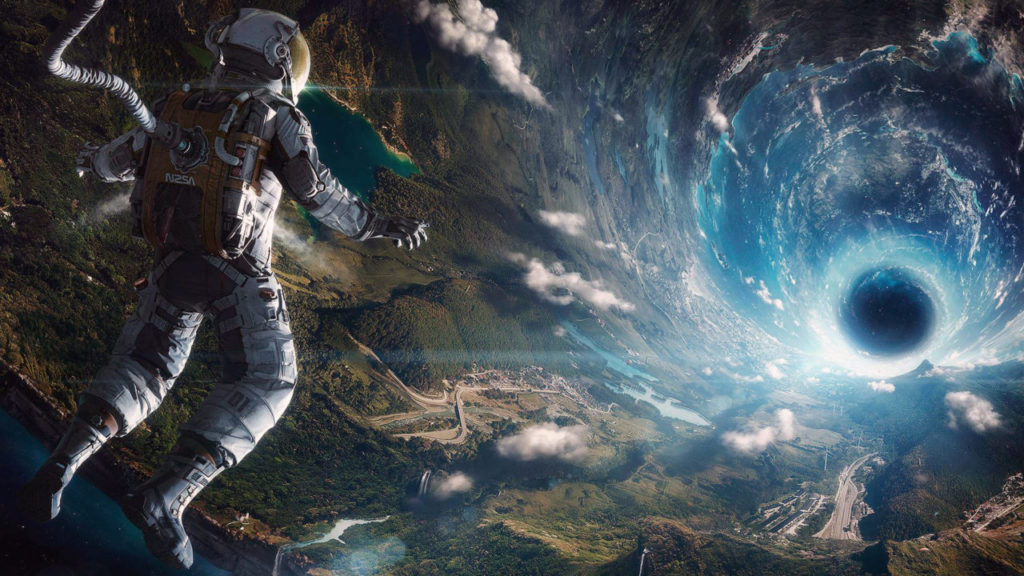
Make no mistake, Interstellar is a mediocre movie maddeningly marred by moments of artistry. So much so that I am left wondering if any of it is intentional. For the most part, it is the movie’s purported grandiosity that dupes us into believing there is, somehow, something deeper at work. It is Coldplay. It is Harry Potter. It is Xiaomi.
I am not interested in nitpicking the science (science-fiction is, after all, meant to be speculative). I am not interested in tearing down Hans Zimmer’s overbearing soundtrack. For me, the shortcomings of this film lie in the more fundamental. They are the same issues that plagued The Dark Knight Rises. Only amplified.
The dialogue in the movie is nothing more than a series of expositional monologues designed to explain the meandering plot. With every dry digression into science serving no other purpose than to violently yank us out from the human spectacle unfolding on screen.
Character development is reduced to you explaining everyone’s motivations and how we’re supposed to feel about them. You fail to show us. You tell us of Cooper’s grief for his lost wife via a throwaway line at a parent teacher conference. You expect us to believe that he is bound to his daughter by both time and space and yet can’t spare an extra five minutes to console her before leaving the planet for good. You want us to buy into the fact that these individuals are out to save humanity as we know it and yet fail to create a sense of real heroism in any of them. Professor Brand is conniving but we don’t know why. Amelia Brand is a lovelorn astrophysicist with a PhD crop. And who knows why Dr. Mann wants to kill people by means of soliloquy.
The story is driven by nothing more than coincidence. A downed drone. The convenient discovery of a secret NASA base. The plot twists — if we can call them that — were predictable and contrived, rooted in age old science fiction tropes. In time travel paradoxes. In circularity.
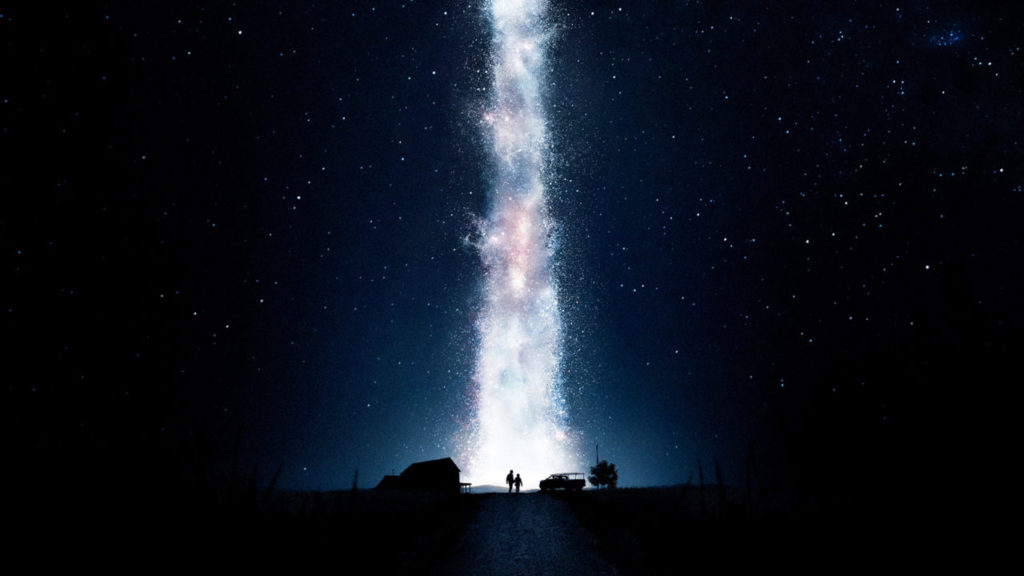
But once again, the biggest problem with Interstellar lies within its failed reach. I recognise the intent. But your desire to impose a great American narrative unto this movie (and the last) feels forced at best and downright manufactured at worst. Maybe you can’t bring together The Grapes of Wrath and 2001: A Space Odyssey. Maybe you can’t take that all-American road trip into the deepest of space. Then again, maybe you’re just doing it wrong. Because you can’t be both Steven Spielberg and Stanley Kubrick.
Your best work was always your most undeclared. Epic in scope but intimate in execution. Big ideas presented in an accessible and entertaining manner. Memento. Insomnia. The Prestige. Even Inception.
Interstellar is none of these things. It is a landmark to failed ambition. To dreaming big but coming up short.
I don’t believe I hold you — or your movies — to a higher standard. But I do measure them by the very same standards you set for yourself. That being said, I have always believed that cinema, on the whole, is richer for having you a part of it. And it is for that reason that I also support your right to fail.
Sincerely.
A Fan.
